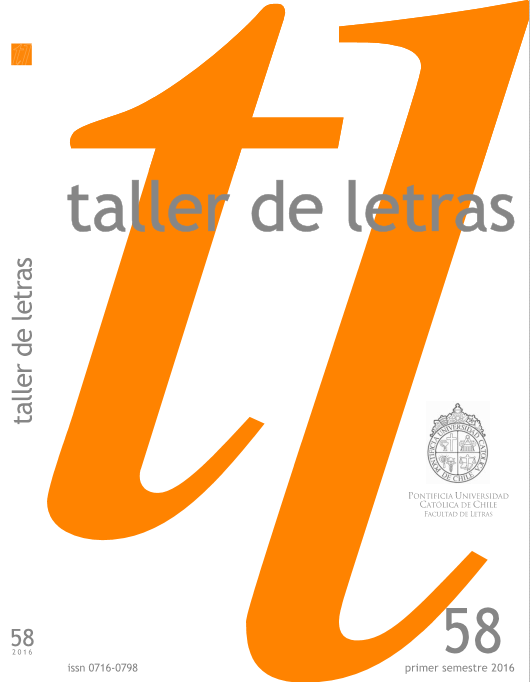Post-Soviet Inscriptions in Cuban Literature. Negative Futures and Disfigurement of the Human in El imperio Oblómov, by Carlos A. Aguilera
Main Article Content
Abstract
In much of Cuban literature written by the generation of authors who began publishing around 1989 and until today it can be read at the insistence of a number of significant linked with Soviet imaginary: Russian, Eastern European, Chinese. Rafael Rojas (2009) has identified the exotic remains seems to have in that practices, while other critics, as Jacqueline Loss or Damaris Puñales Alpizar (2013) understand the return as an identity in the Diaspora, a community of Cuban Soviet sentiment. In the following article, we want to address the hypothesis that one of the keys to read the inscription of the Soviet file is related to the dislocation and distortion of two fundamental notions of the imaginary of the Revolution. On the one hand, a profound questioning of modern thought edgy futurity, and secondly, exploring the processes of refounding and collapse of the ideal of the "new man", which involves new formulations of the body and its bio-political constellations. To argue these issues analyze the literary work of the Cuban Carlos Aguilera Chang, taking as a starting point the novel El imperio Oblómov (2014).
Downloads
Article Details

This work is licensed under a Creative Commons Attribution-NonCommercial-ShareAlike 4.0 International License.

